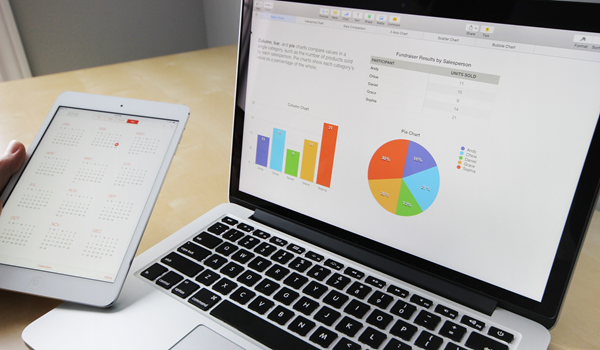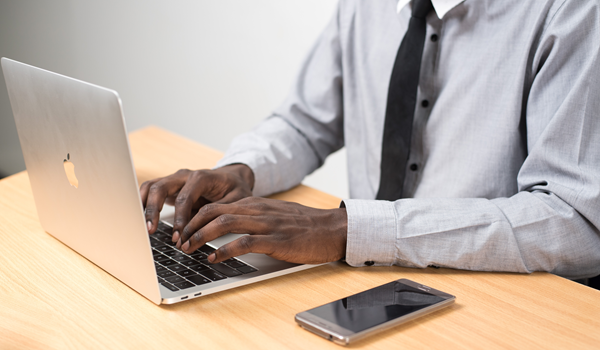Tests & Results
Results of Tests and Investigations
When you attend for a test of any kind you will be told how long you should expect to wait for the results. We advise all patients when phoning the surgery about test result to call after 10:00am. Please try to avoid calling on Monday mornings due to our high volume of calls.
Our Patient Services Team are not qualified to comment on results therefore it is your responsibility to check them and make any necessary follow-up appointment with the doctor.
Please note that we do have a strict policy regarding confidentiality and data protection. In this respect we will only give out results to the person they relate to unless that person has given prior permission for their release or if they are not capable of understanding them.
We are unable to accept any urine samples after 10.30am on a Friday due to them not being collected until the following week.
Urine Samples/ Tests
What do I need to know about collecting a urine sample?
If you are in the practice your GP or nurse will give you a container and explain how to collect a urine sample. On certain occasions you might be asked to provide a urine sample by letter or over the phone. In these instances you can collect a sample container from our reception desk.
To collect a clean urine sample you should:
- label the container with your name, date of birth and the date (if a printed label has not been provided)
- wash your hands
- wash your genitalia to avoid contamination
- start to urinate but don’t collect the first part of urine that comes out
- collect a sample of urine ‘mid-stream’ in a sample container provided by the practice
- screw the lid of the container shut
- wash your hands thoroughly
As long as the sample is clean and properly labelled you can drop the sample container in at the reception desk. If you can’t hand your urine sample in within an hour, you should keep it in a sealed plastic bag in the fridge (for no longer than 24 hours) to prevent bacteria multiplying and affecting the test results.
You can collect a urine sample at any time of day unless your GP or practice nurse advises you otherwise. If your doctor gives you any other instructions, you should also follow these.
All samples must be handed to the practice by 10:30am each day to ensure these are collected by the labratory team. We cannot accept any samples after 10.30am on a Friday due them not being collected until the following week.
What is a mid-stream urine sample?
A mid-stream urine sample means that you don’t collect the first part of urine that comes out or the last part. This reduces the risk of the sample being contaminated with bacteria from:
- your hands
- the skin around the urethra (tube that carries urine out of the body)
How long will I have to wait for a result?
Some urine samples can be quickly analysed using dipstick analysis so you should know the result within 24 hours if you have dropped a urine sample off to us.
For some more complex tests we need to send your urine sample off for laboratory testing at one of the local hospitals. In these instances it might take up to 7 days for results to come back to the practice. These are sent electronically and are checked every day by our GPs. If there is a cause for concern we will phone or write to you after receiving the result,
We will not routinely inform you if the results are normal.
Blood Tests
A blood test (phlebotomy) is when a sample of blood is taken for testing in a laboratory. Blood tests have a wide range of uses and are one of the most common types of medical test. For example, a blood test can be used to:
- assess your general state of health
- confirm the presence of a bacterial or viral infection
- see how well certain organs, such as the liver and kidneys, are functioning
A blood test usually involves the phlebotomist taking a blood sample from a blood vessel in your arm and the usual place for a sample is the inside of the elbow or wrist, where the veins are relatively close to the surface. Blood samples from children are most commonly taken from the back of the hand. The childs hand will be anaesthetised (numbed) with a special cream before the sample is taken.
You can find out more about blood tests, their purpose and the way they are performed on the NHS Choices website.
Please only book an appointments for a blood test if you have been advised one is needed by the surgery, special blood test forms will need to be collected from the surgery and taken with you to your appointment.
Appointments can be booked directly via the booking line on 01743 492510 (Monday - Friday 9am - 4pm) or alternatively you can book these online
https://www.sath.nhs.uk/wards-services/az-services/pathology/phlebotomy/book-a-blood-test/
X-Rays
An X-ray is a widely used diagnostic test to examine the inside of the body. X-rays are a very effective way of detecting problems with bones, such as fractures. They can also often identify problems with soft tissue, such as pneumonia or breast cancer.
If you have an X-ray, you will be asked to lie on a table or stand against a surface so that the part of your body being X-rayed is between the X-ray tube and the photographic plate.
An X-ray is usually carried out by a radiographer, a healthcare professional who specialises in using imaging technology, such as X-rays and ultrasound scanners.
You can find out more about x-ray tests, how they are performed, their function and the risks by visiting the NHS Choices website.
Page created: 29 April 2022

